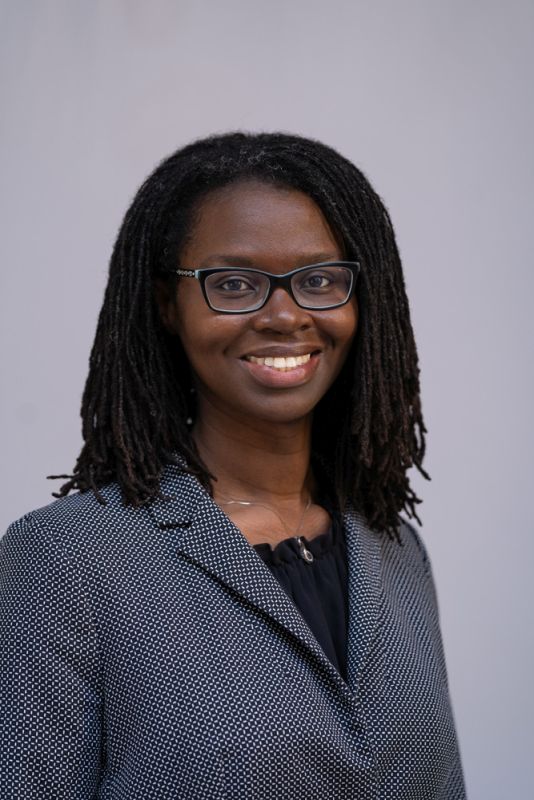Renita Horton, Ph.D., an Assistant Professor in the Biomedical Engineering Department of the College of Engineering, has been selected as one of the 2021-22 recipients of the Ralph E. Powe Junior Faculty Enhancement Award from the Oak Ridge Associated Universities consortium.
Named in honor of Powe, who served as the ORAU councilor from Mississippi State University and was elected chair of ORAU’s Council of Sponsoring Institutions, the competitive research award provides seed money for junior faculty members that often result in additional funding from other sources. The one-year grant of $5,000 must be matched by the applicant’s institution.
Horton was one of 35 honorees this year, from an applicant pool of 156. She plans to use the award to pursue a new artery of research.
“The Powe Award will provide funds to support her research 'Investigating the Role of Air Pollutants in Congenital Heart Disease,'” she said. “This study will examine the influence of environmental factors on heart health. This is a new project, but it is an extension of my work developing microdevices to understand heart disease mechanisms.”
Horton joined the university in January 2019. She noted that the pandemic has created “unique and unexpected challenges” with her research team and her lab, the Cardiovascular Tissue Engineering Laboratory, which she first created as an Assistant Professor at Mississippi State University.
“My team is focused on using organs-on-chip themed models in investigate mechanisms that lead to heart diseases,” she said. “Current models fail to capture features of the heart. My team seeks to develop devices that can mimic features found in the body. We are also investigating the cardiovascular consequences of sickle cell disease. These similar themes motivated our new study funded by the Powe award.”
Horton noted that she is still leveraging and exploring some of the attractive networking opportunities that brought her to UH.
“Given the nature of my work, having access to and collaborating with clinicians is important,” she said. “Since joining the faculty here, I have been able to make connections with teams at the Baylor College of Medicine and the Texas Heart Institute. Additionally, the caliber of research that happens within the BME Department and University was an additional attraction. I have also found support through the Underrepresented Women of Color Coalition, which is a collective of underrepresented women in academia on campus.”
